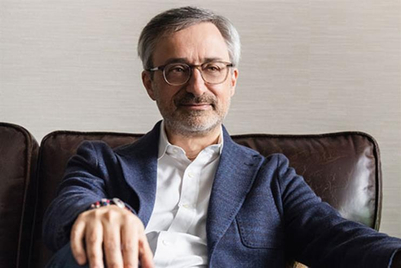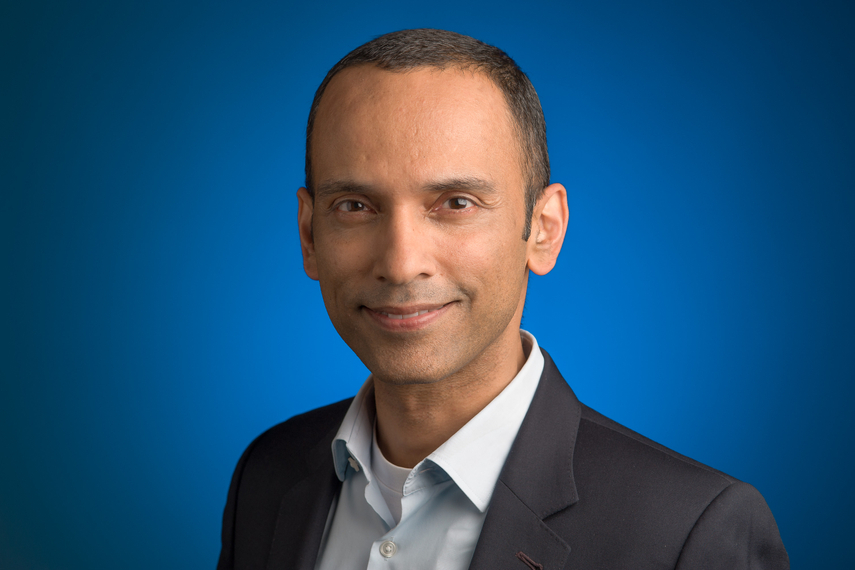
TikTok's Sameer Singh, who joined the short-form video platform in 2019 to lead monetisation in India, is taking up a new role overseeing business solutions in Southeast Asia as the platform withdraws from India. It's the third market he will hold a leadership role in, in less than two years at TikTok parent company ByteDance.
TikTok had been fighting to preserve its app in India since it was first banned by the government in June last year over privacy and security concerns related to its Chinese ownership. But in February this year, with no indication of when it would be reinstated, the company revealed it would lay off the majority of its 2,000 staff in the market.
Singh, who had been leading business solutions in India for less than a year when the app was first banned, was reallocated to help start up the Brazil business in the latter half of 2020. Since December, he's been establishing contacts and holding virtual meetings with advertisers in Southeast Asia, while he awaits the approval of the necessary paperwork to relocate to Singapore.
In an interview with Campaign Asia-Pacific, the advertising veteran described the company's retreat from India as "really unfortunate".
"We held our team in place for more than seven months, and at this point in time, unfortunately, despite the love that our app has in India, we will not be able to see the way forward," he said. "We are really appreciative of our employees, partners, creators, users in India—and we look forward to a return whenever that happens."
He's excited about the opportunity he's been handed in Southeast Asia, a region he's never lived in before. Singh has an illustrious 25-year advertising career comprised of leadership positions in Google, GSK, Procter & Gamble and IPG across India, the US, the UK, Dubai and China. He joined ByteDance from GroupM where he was CEO of South Asia. With experience at both agency and client-side, Singh says he is able to "live in the shoes" of his clients and agencies and assume their perspective when approaching a young platform like TikTok, which partners "really appreciate".
In his new role, Singh will be responsible for leading sales and business marketing solutions across all TikTok for Business products in the region.
Singh describes Southeast Asia as a "very important" growth region for TikTok, with a booming internet economy (the region added 40 million new internet users in 2020, according to e-Conomy SEA 2020 report) and a diversity of cultures that is driving new consumer trends and piquing advertiser interest.
TikTok claims that daily app consumption in Southeast Asia grew 40% in the first quarter of 2021 compared to the last quarter of 2020. As it has courted more users and creators, Singh says the app has witnessed a vast diverisification of content from the dance routines it became synonymous with during Covid-19 lockdowns. Beauty and education-related content are the fatest-growing categories, growing 5x and 30x year-on-year as of March, respectively.
With user growth to boast of, TikTok claims to have grown its volume of advertisers in Southeast Asia by 10x in the past six months. This is driven both by large advertisers and SMBs covering categories such as CPG, food and beverage, handset manufacturers, ecommerce, fintech, gaming and internet services, Singh says.
To meet this demand, the company has embarked on a hiring spree in Singapore, posting hundreds of open roles in the past six months. Singh is also hiring to fill the TikTok for Business team in key cities of Bangkok, Jakarta and Ho Chi Minh.
What business solutions will he be driving
While TikTok is predominantly viewed as a brand-building platform via its hashtag challenges, it has spent the past year developing solutions to court performance-driven clients, such as dynamic product ads, linking up app download and ecommerce transaction data, and launching a reach frequency planner. Singh claims the business is now "evenly balanced" between branding and performance clients in Southeast Asia.
"We are having conversations with clients who are interested in quick reach, launches, or promotions, with clients who want to have deep engagement with our users with hashtag challenges, and then clients who want deep performance metrics," he said.
Lead generation "has taken off in a big way" for certain verticals, while its self-serve ad platform is proving effective in reeling in SMBs, Singh claimed.
Elsewhere, the platform is "making a big push" into first and third-party measurement solutions as it prepares for the targeting changes of iOS 14. While Singh claims TikTok is "at the forefront" in figuring out the best way of adapting campaign setup in a post-iOS 14 world, he's also keen that advertisers don't forget the importance of creativity in the pursuit of data.
"The other very important side that people at times tend to forget when they are talking digital is creativity, and ensuring that your creative is fit for purpose for the medium. You're able to 10x your ROI by making sure that your creative is tailored to the conversations that you're having on our platform," he said. "That's a line of conversation that we are very aggressively driving both with clients and agencies to ensure that creativity is something that continues to get focused on."
TikTok's positioning versus its competitors
TikTok's explosive growth in recent years has inspired established tech giants to launch copycat products, including Instagram Reels, YouTube Shorts and Snapchat Spotlight. Since these companies are already well-established on advertising plans, they present a formidable challenge to TikTok's future prospects.
But Singh is unfazed, believing TikTok's proposition is unique: "I don't believe in doing hard comparisons. The brands that you named [Reels, Shorts] are well respected brands. My proposition to clients and partners is, look, we are a 24/7 short video format company. We're not a social platform and we're not about connecting people. TikTok has democratised content creation, and we are very, very confident of that sweet spot of inspiring creativity and bringing joy. It's the only thing that we do, but we do it brilliantly."
(This article first appeared on CampaignAsia.com)


.jpg&h=334&w=500&q=100&v=20250320&c=1)
.jpg&h=334&w=500&q=100&v=20250320&c=1)
.jpg&h=334&w=500&q=100&v=20250320&c=1)




.jpg&h=334&w=500&q=100&v=20250320&c=1)


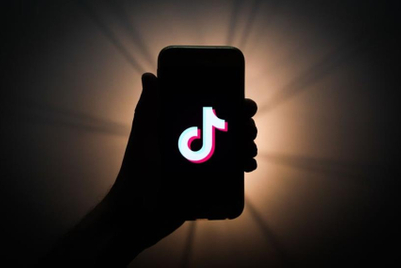
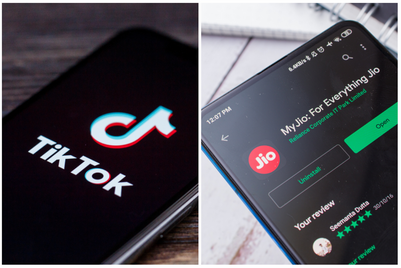

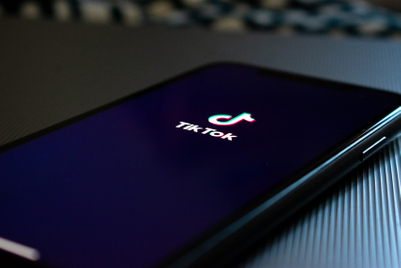
.jpg&h=268&w=401&q=100&v=20250320&c=1)


